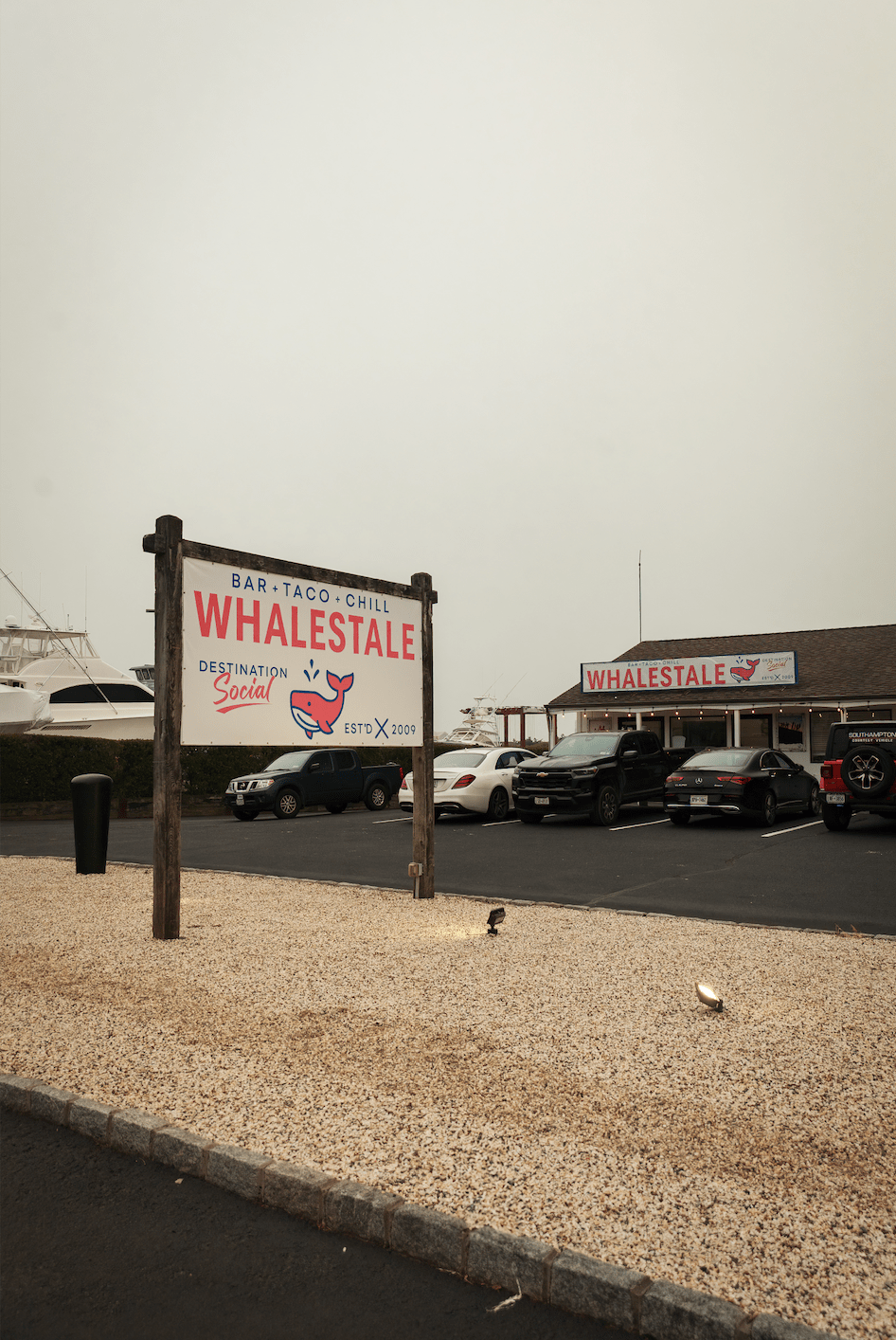Lifestyle
How to Travel in Your Car with your Dog

Transporting a dog from one place to another can be a stressful experience, especially if you’re travelling over a very long distance. It’s undeniable that certain cars are better suited to canine transportation than others. And if your dog is considered a fully-fledged member of the family, as so many are, then their needs should be accounted for before any purchasing decision.
For those considering a new car, ZenAuto have penned an article which identifies a few important considerations. Most of what they’ve identified can be distilled into a few key categories.
Capacity
The first consideration should be space in the rear of the car. You’ll want enough of it to accommodate a dog in a fixed cage, along with all of the luggage you might want to transport. Moreover, the boot should be low enough to the ground that the dog can easily jump in and out without banging their legs on the lip.
Suspension
Cars which rattle around the moment they encounter the slightest bump are going to be stressful for your passengers – and especially for your dog, who might not be accustomed to sudden unexplained vibrations. For this reason, opting for something with decent suspension is often worthwhile.
How can I adapt an existing car?
Even if you’re travelling in a vehicle you already own, there are a few choice additions you can make to make travel safer for your dog. According to rule 57 of the highway code, dogs travelling in cars should be ‘suitably restrained’, in order that they not be flying loose around the passenger compartment in the event of a collision or sudden stop, and so that they can’t distract the person driving. This might mean installing a fixed cage in the rear of the vehicle.
You might suppose that your dog is well-trained enough that they won’t react poorly to such an event, but since there’s no way of knowing this in advance, it’s best to err on the side of caution.
One thing that your dog is likely to introduce into the boot of your car is mud, and lots of it. Go for a long walk through the countryside, and you may well end up with a dog that’s covered in mud – especially if yours is the sort of dog who loves nothing better than to splash through every mud-puddle that life throws at it. If you’d like to avoid muddy pawprints covering the inside of your nice new boot, then invest in a boot protector. These devices are often custom-made to fit the contours of a specific vehicle. When you get how, you can simply take them out of the car, wash them, and then replace them.
Lifestyle
The Whale’s Tale Brings Family-Friendly Flavor to the Hamptons

There’s a new spot in the Hamptons where delicious food, relaxed beach vibes, and family-friendly fun come together in one inviting destination. The Whale’s Tale, originally a beloved favorite in Northport, has made its way to the East End and is already creating buzz as a must-visit for locals and vacationers alike.
Perfectly positioned beside the marina and steps from the shoreline, The Whale’s Tale Hamptons location is designed for all-day enjoyment. The indoor dining room offers a cool retreat from the sun while the open-air deck provides front-row seats to golden hour. The grab-and-go beach shack is ideal for quick treats, offering craft beer, artisan soft serve, and snacks for those headed back to the sand.

The menu is fresh, fun, and filled with options for every palate. Families can share acai bowls, tacos, and crisp shrimp cocktail while seafood lovers indulge in buttery lobster rolls and a raw bar featuring oysters and chilled shrimp. The food is flavorful without being fussy, making it perfect for guests of all ages.
With games like cornhole, live music on weekends, and firepits for evening hangouts, the atmosphere is casual and welcoming. It’s a place where kids can play, adults can relax, and everyone feels like they belong. Whether you’re spending the day at the beach or looking for an easy-going dinner spot, The Whale’s Tale offers a refreshing take on what it means to dine by the water.
This isn’t just another restaurant, it’s a new chapter in Hamptons hospitality. One where good food, good company, and good views come standard.
-

 Tech4 years ago
Tech4 years agoEffuel Reviews (2021) – Effuel ECO OBD2 Saves Fuel, and Reduce Gas Cost? Effuel Customer Reviews
-

 Tech6 years ago
Tech6 years agoBosch Power Tools India Launches ‘Cordless Matlab Bosch’ Campaign to Demonstrate the Power of Cordless
-

 Lifestyle6 years ago
Lifestyle6 years agoCatholic Cases App brings Church’s Moral Teachings to Androids and iPhones
-

 Lifestyle4 years ago
Lifestyle4 years agoEast Side Hype x Billionaire Boys Club. Hottest New Streetwear Releases in Utah.
-

 Tech7 years ago
Tech7 years agoCloud Buyers & Investors to Profit in the Future
-

 Lifestyle5 years ago
Lifestyle5 years agoThe Midas of Cosmetic Dermatology: Dr. Simon Ourian
-

 Health6 years ago
Health6 years agoCBDistillery Review: Is it a scam?
-

 Entertainment6 years ago
Entertainment6 years agoAvengers Endgame now Available on 123Movies for Download & Streaming for Free
